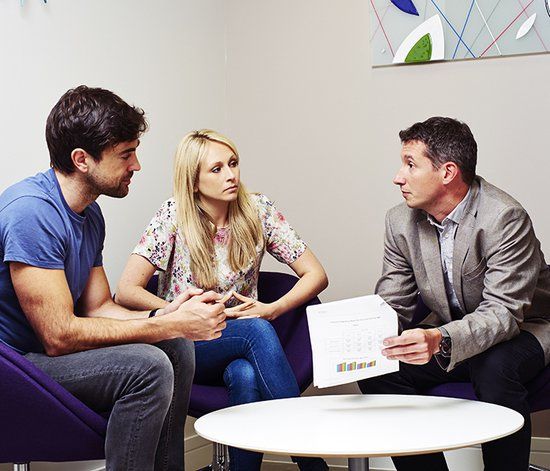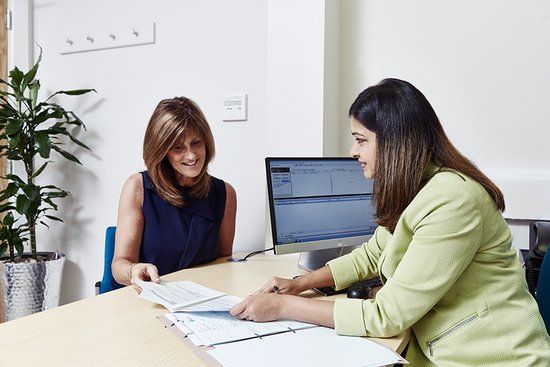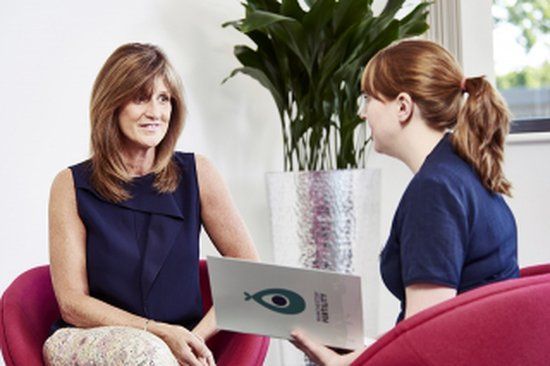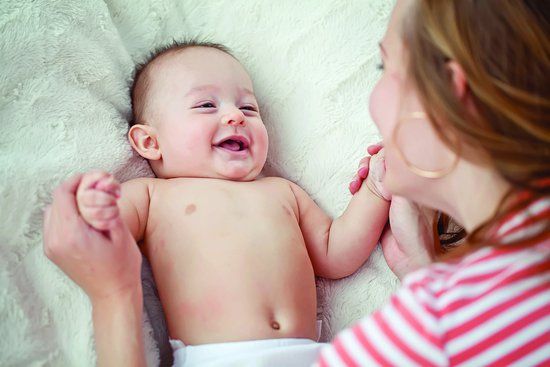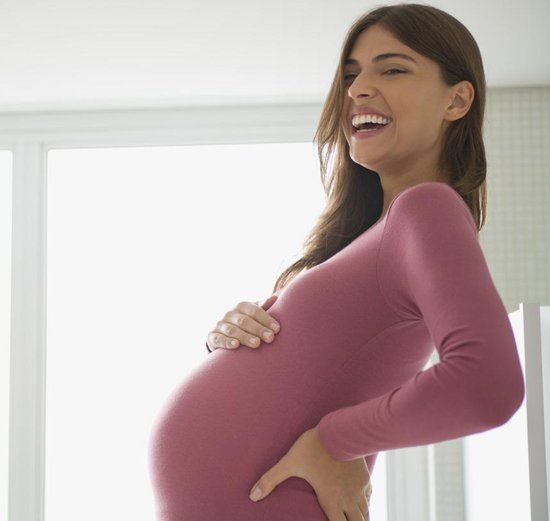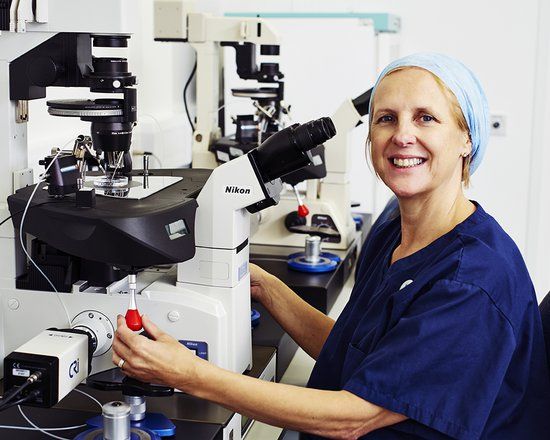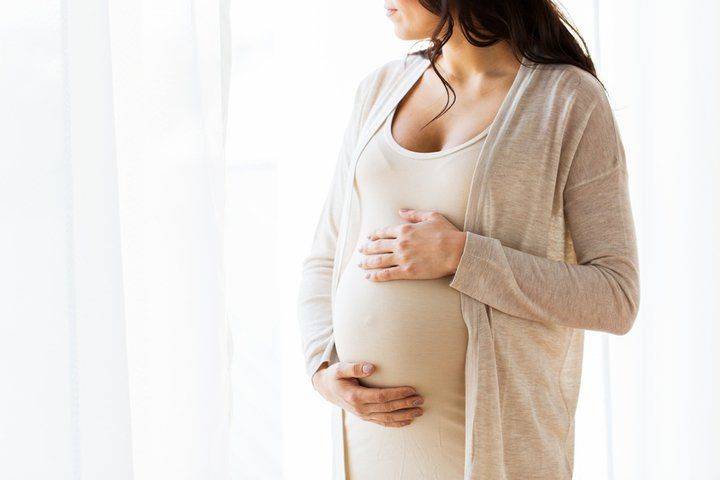
If you’re considering using an egg donor to have a baby, it’s reassuring to know that according to the HFEA, treatment with donor eggs has a better average success rate than conventional IVF.
This is because donor eggs come from women who have a maximum age of 35, which means egg quality – and therefore pregnancy rate - is on average slightly higher.
At Manchester Fertility, all women who donate eggs to us are between the ages of 18 and 35 and are tested for fertility and health before being accepted into our Egg Donors UK programme.
It’s just one of the ways we ensure your treatment with donor eggs gives you the highest chance of pregnancy, no matter what your age and diagnosis.
We have some of the best success rates in the UK for women who need donor eggs because of our unique approach, which focuses on both egg donor and patient and involves:
A whole body approach – preparing you for treatment
If you were planning a baby naturally, you may take steps to prepare your body and overhaul your health. Having a baby through treatment with donor eggs should be no different, and it’s why we take a ‘whole body’ approach. We’ll look at factors outside of your treatment cycle to make sure there’s nothing that could compromise outcome. Such as your overall health, BMI and lifestyle. Our expert fertility nutritionist can give you a tailored personal programme if you need it, holistic therapy is also available from our fertility acupuncturist whilst our counsellors provide essential and valued support, giving you complete mind and body wellbeing.
Fertility and health testing for our egg donors
All Manchester Fertility egg donors must meet strict criteria to donate eggs. This includes having a good ovarian reserve. It’s why we guarantee six donor eggs per treatment cycle. Women won’t be allowed to donate eggs with us if their own health or egg quality could be compromised. Egg donor wellbeing is just as important to us as patient wellbeing.
Fast freezing donor eggs and remaining embryos
If you’re opting for a frozen donor egg treatment cycle, you can be assured that we have very high survival rates for frozen donor eggs thanks to the ‘fast-freeze’ method we use, which minimises ice crystal formation in the eggs. We use the same vitrification method to freeze any remaining quality embryos you may have, increasing your chances of Frozen Embryo Transfer success in future.
Embryo selection expertise
Trained to the highest level in both traditional techniques and advanced methods including EmbryoScope and Pre-Implantation Genetic Screening, the first-class skills of our Embryology team is just one of the reasons our treatment with donor eggs success rates are so consistent across all age groups.
EmbryoGlue for transfer
EmbryoGlue is something that we use routinely at Manchester Fertility; it’s an advanced technology that’s included in your treatment cycle at no cost. Applied just prior to transfer to the selected embryo, the solution contains a high level of a naturally-occurring substance found in the womb, helping the embryo to adhere to the uterus for successful implantation.
Post-transfer medication and midwife support
Supporting the body in the days after embryo transfer is vital, you’ll continue to take tailored fertility medication after transfer to boost the chances of pregnancy, and even throughout the first trimester if necessary if your pregnancy test is positive. You’ll be given full details on what to do, supported by our Fertility Midwife.
Treatment with donor eggs: No waiting list
We help women from all over the North West, Staffordshire, Yorkshire and Lancashire to have their families with the help of our egg donors. Many people who need donor eggs travel to us from right across the UK, we have no waiting list for treatment with donor eggs and have an extensive choice of UK-based, traceable and identifiable egg donors to choose from.
Speak to our dedicated Donation Team to start your journey on 0161 300 2737 or self-refer and we’ll be in touch. We offer treatment with donor eggs up to the age of 50, and specialise in helping older women to become mothers through egg donation.
Last updated: 4th September 2024


